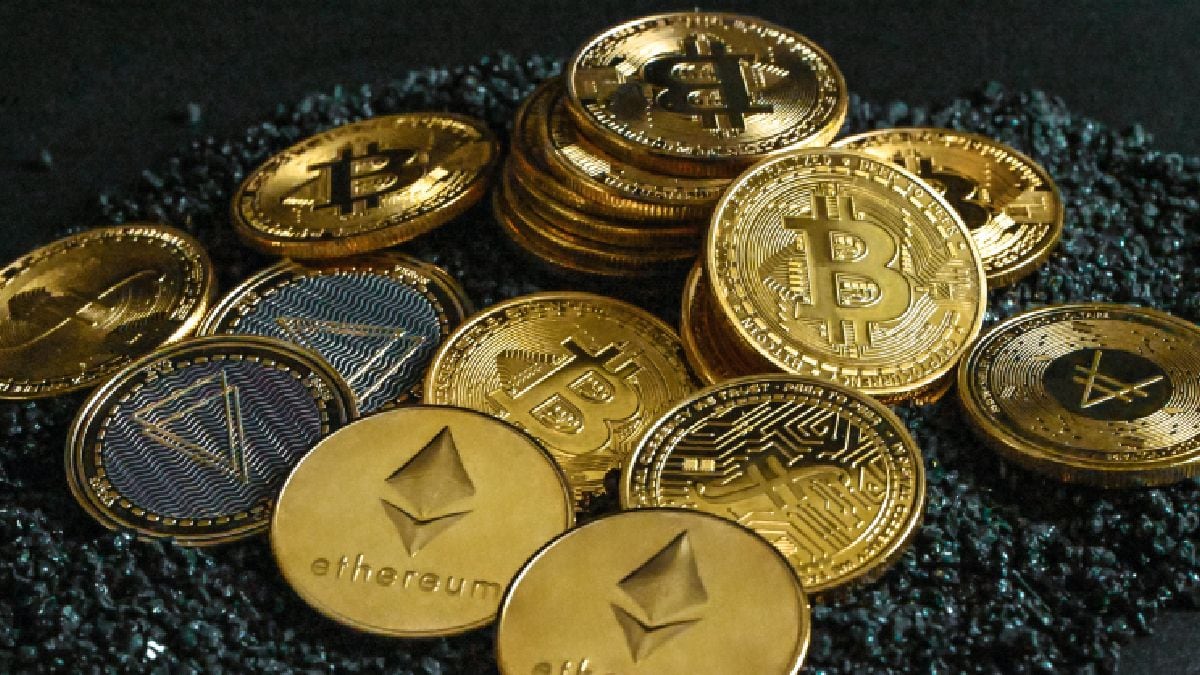Zomato has launched its United Payment Interface (UPI) offering, joining other retail-payment biggies. Other consumer-facing firms, including e-commerce major Flipkart, are also planning to offer UPI payments, and Indian policymakers will be hoping more such third-party payment providers take off and help ease a huge burden on them.
The entry of more third-party UPI app providers should be welcomed. They offer more options and easier payments for consumers, who won’t need to switch apps to complete a payment. For Zomato and other online platforms, it will also mean quicker access to funds and lower payment charges.
Yet, for the National Payments Corporation of India (NPCI) – which operates UPI and is perceived as a quasi-regulator – and the Reserve Bank of India, there are still concerns about the duopoly in UPI. This is what had prompted the NPCI to propose a cap on market share and transaction volumes for UPI apps two years ago. PhonePe and Google Pay had all but cornered the market, processing more than 80% of transactions between them. Paytm was the only other player that had a significant market share.
The NPCI has now extended the deadline to December 2024 for the two market leaders to reduce their market shares to below 30%. Some Indian lawmakers have also hinted that they are uncomfortable with an emerging duopoly of overseas firms that have access to payments data of Indians and the systemic risks this brings.
For PhonePe and Google Pay to meet the extended deadline they will have to slow down or halt their intake of new customers. However well intentioned, such market-share caps are bound to pose challenges in implementation, including uncertainty for customers. There are a couple of other sectors with similar market dynamics but India’s competition regulator hasn’t stepped in yet.
Regulators worldwide are and should be mindful of competition, creating a level playing field, preventing market abuse, and overseeing Big Tech in the retail payments business. In an evolving sector like retail payments, supervisors in other major international jurisdictions are also treading softly. Sure, there is a case for allowing effective competition. But equally, if customers are guaranteed ease and safety of payments and protection against fraud, without any recourse to market abuse, wouldn’t it be better to focus on greater consumer protection and awareness to ensure that customers are clear about the choices on offer?
To their credit, both the NPCI and its original promoter, the RBI, have so far navigated the retail payments terrain well, without unduly stifling innovation. This is reflected in the fact that billions of UPI transactions are processed every month.
It is also relevant to ask – as a senior central banker did – why a system of digital transactions between bank accounts is dominated by non-banks. Encouraging more consumer-facing firms to offer UPI is the way to go. Over time, that may do more to ensure parity than capping market-shares.
Download The Mint News App to get Daily Market Updates.
More
Less















